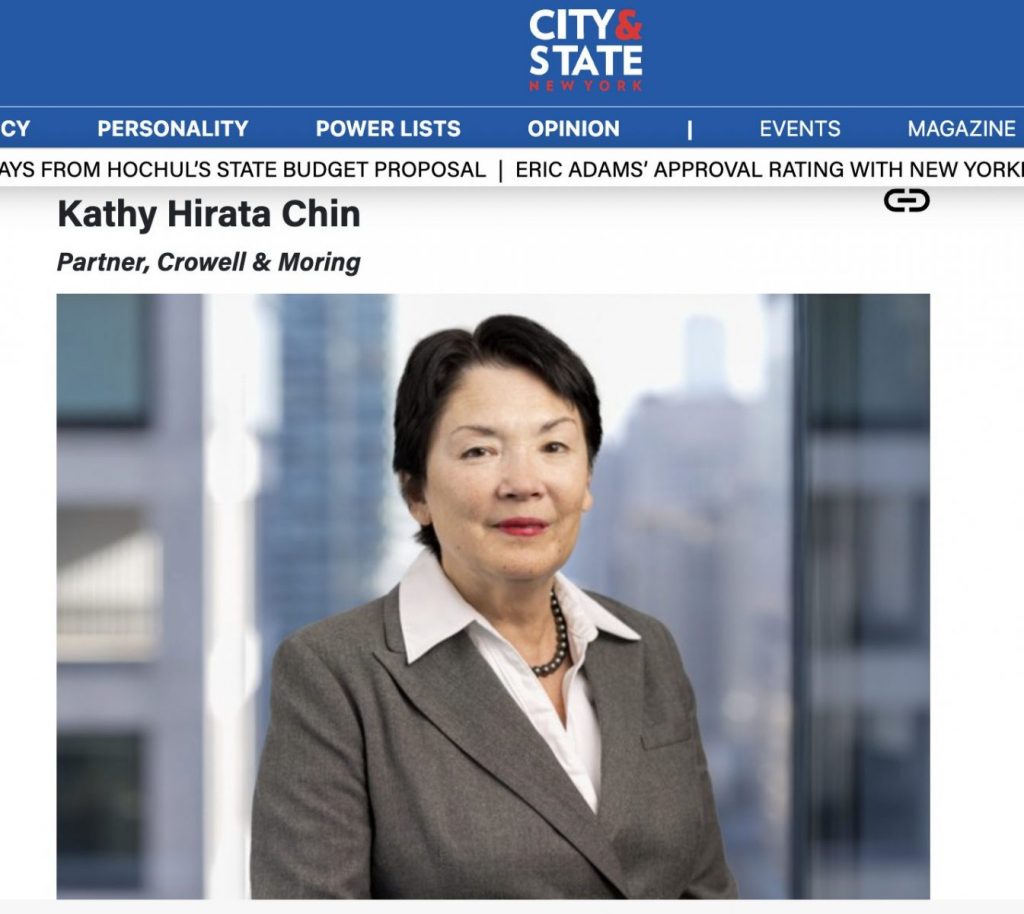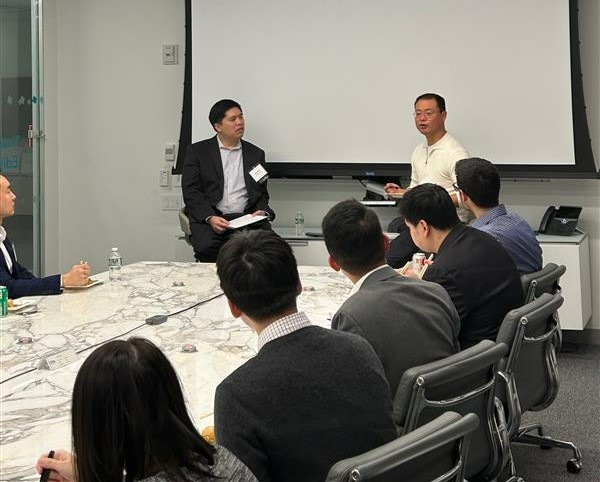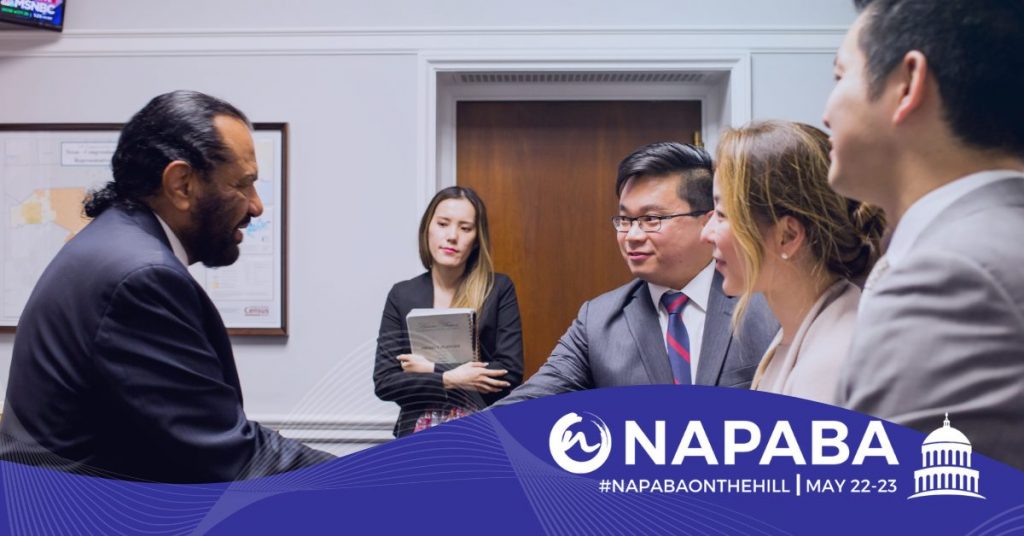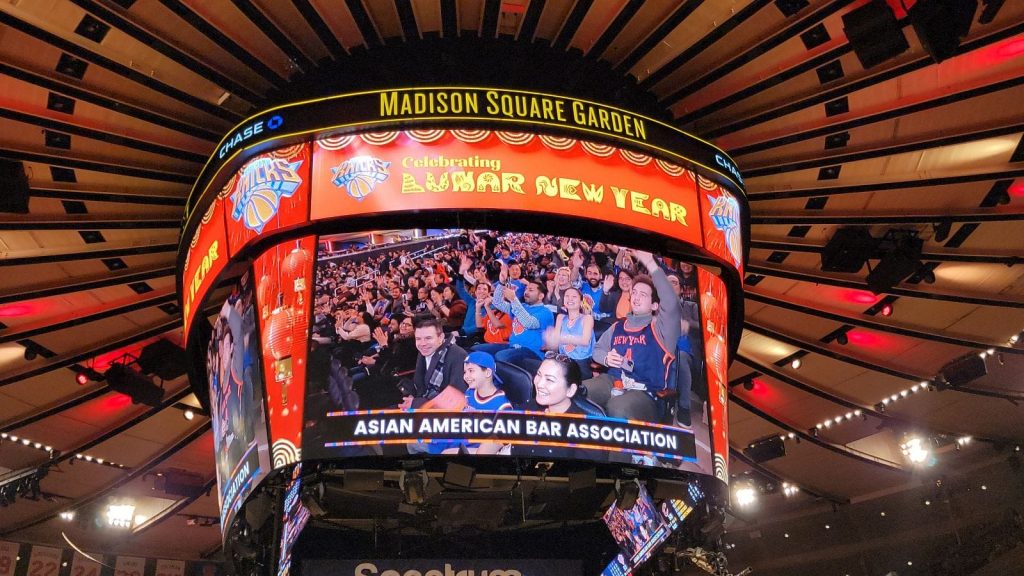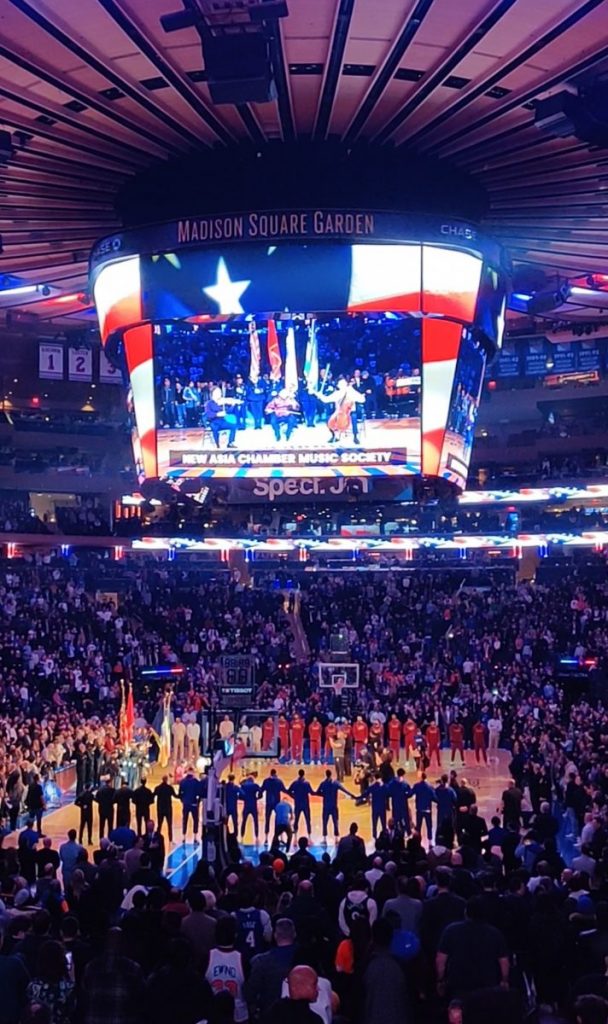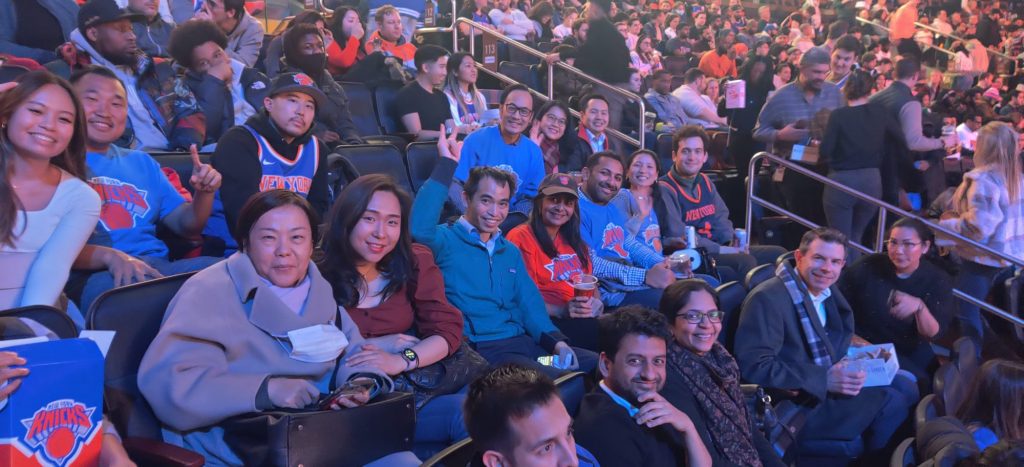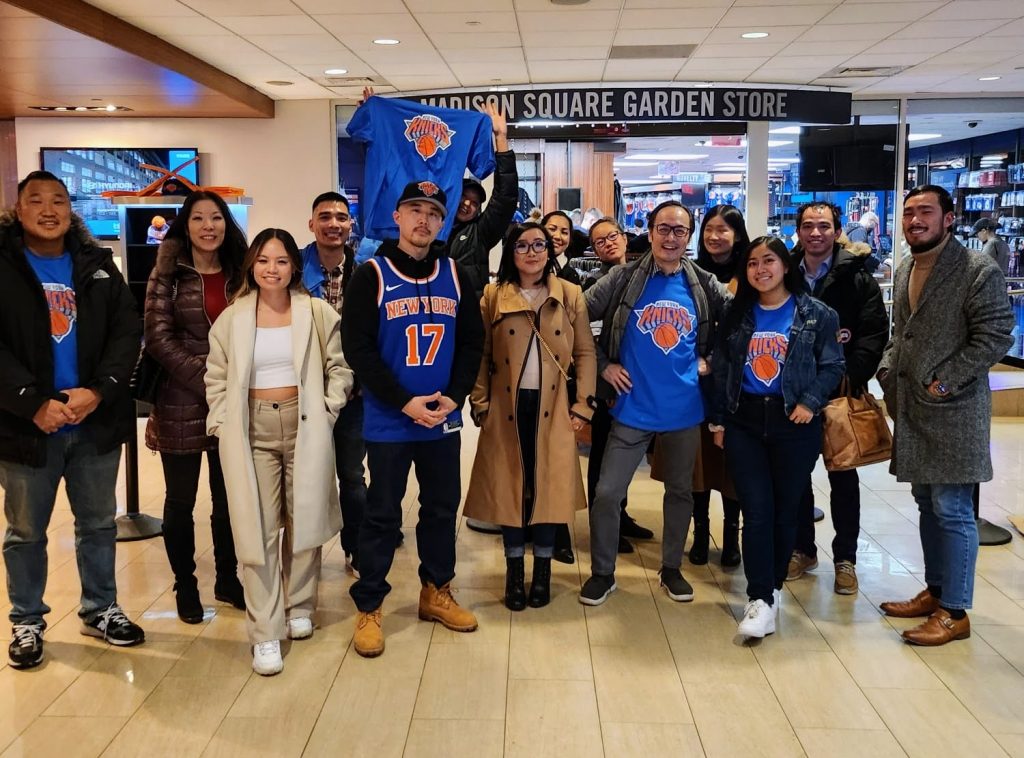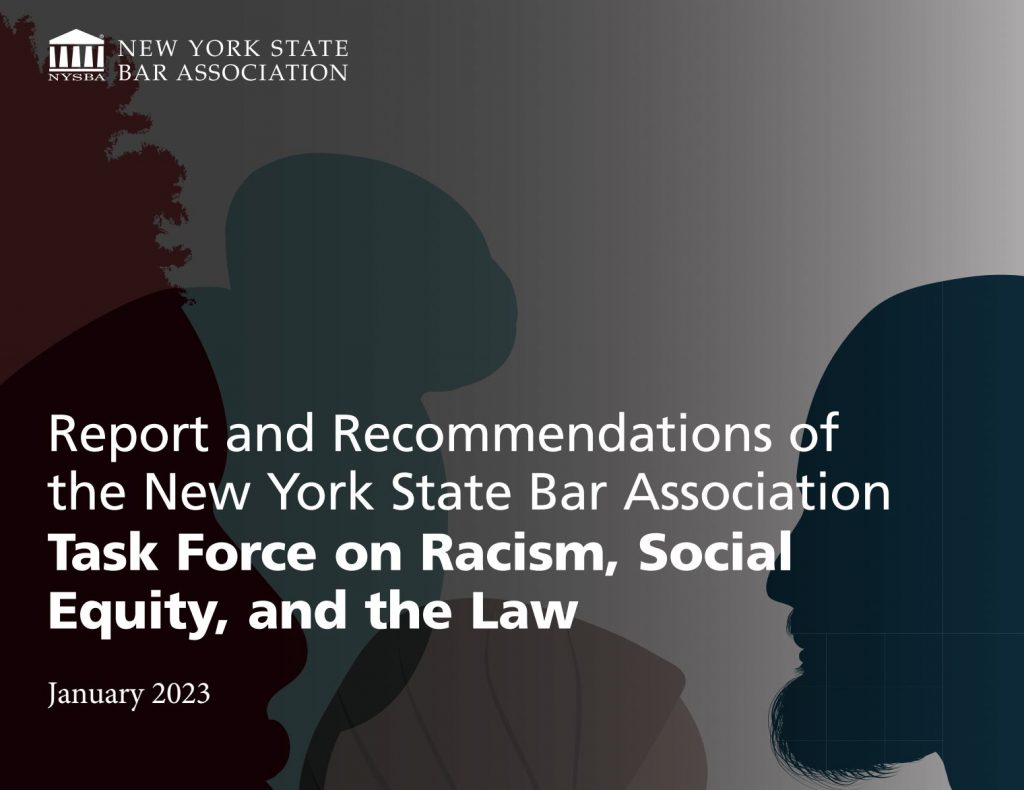| For Immediate Release: February 9, 2023 | Contact: Priya Purandare, Executive Director |
WASHINGTON – February 9. NAPABA endorsed Julie Ann Su to be the next Secretary of Labor. Currently, Ms. Su is Deputy Secretary of Labor.
“Julie Su is the most qualified candidate for U.S. Labor Secretary and is the best choice to advance the policies of the Biden Administration. As Deputy Secretary of Labor, she was instrumental in working with Secretary Walsh to avert a nationwide railroad strike. In addition, she has partnered with federal agencies to implement the Infrastructure Investment and Jobs Act, the CHIPS and Science Act, and the Inflation Reduction Act with a focus on good-paying, accessible jobs. Prior to her confirmation as Deputy Secretary, Ms. Su was Secretary of the California Labor and Workforce Development Agency – the country’s largest in a state that ranks as the fifth largest economy in the world, makes her extraordinarily well-prepared to serve as our next Secretary of Labor,” said Sandy Leung, President of NAPABA.
In 2014, NAPABA honored Ms. Su with its prestigious Daniel K. Inouye Trailblazer Award, which recognizes the outstanding achievements, commitment, and leadership of lawyers who have paved the way for the advancement of other Asian Pacific American attorneys. Ms. Su was recognized for her advocacy on behalf of the most vulnerable, poor, and disenfranchised workers, including for her efforts to hold garment manufacturers liable for exploiting slave labor.
Prior to her role as California Labor Secretary, Ms. Su was California Labor Commissioner, Litigation Director at Asian Americans Advancing Justice – Los Angeles, and has taught at UCLA Law School and Northeastern Law School. Ms. Su was a recipient of the 2019 American Bar Association’s Margaret Brent Award and a recipient of the MacArthur Foundation’s “Genius” Grant. She is a graduate of Harvard Law School and Stanford University.
#
The National Asian Pacific American Bar Association (NAPABA), represents the interests of over 60,000 Asian Pacific American (APA) legal professionals and nearly 90 national, state, and local APA bar associations. NAPABA is a leader in addressing civil rights issues confronting APA communities. Through its national network, NAPABA provides a strong voice for increased diversity of the federal and state judiciaries, advocates for equal opportunity in the workplace, works to eliminate hate crimes and anti-immigrant sentiment, and promotes the professional development of people of all backgrounds in the legal profession.


